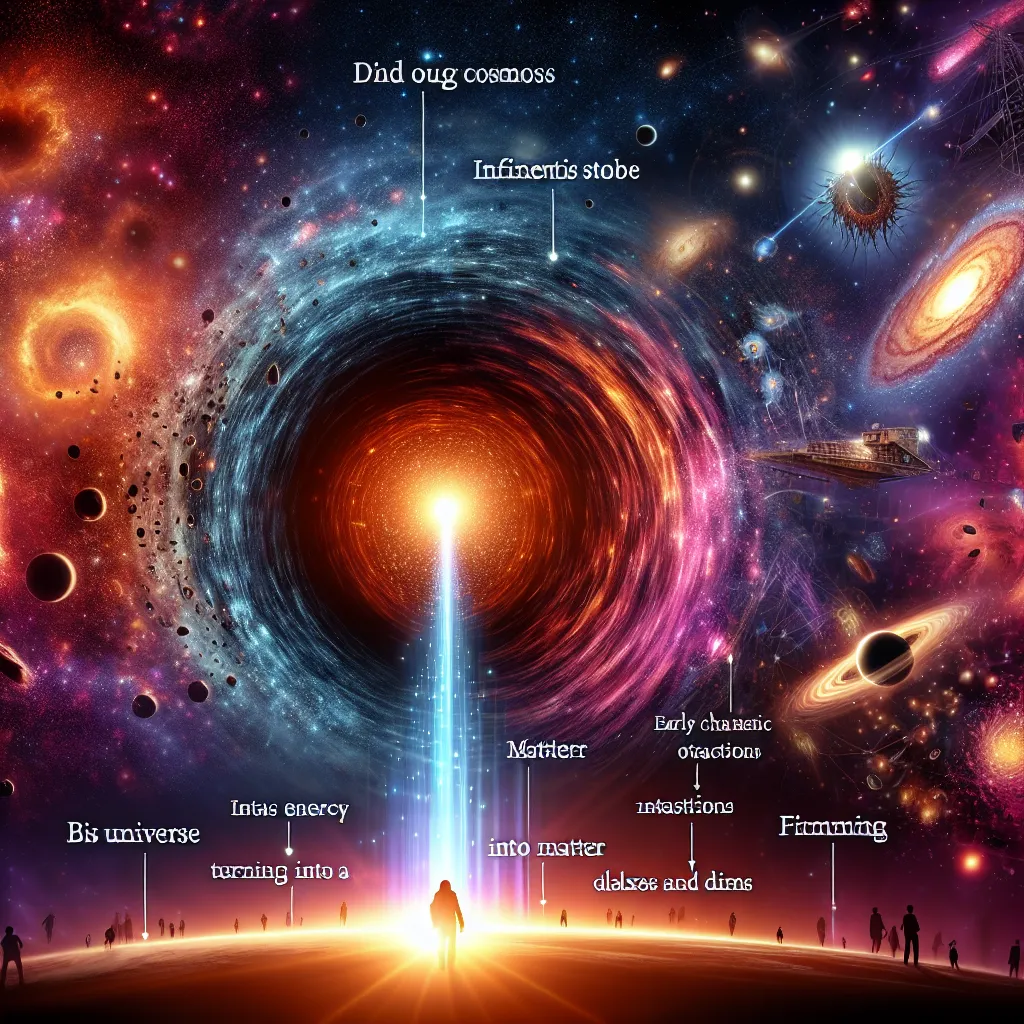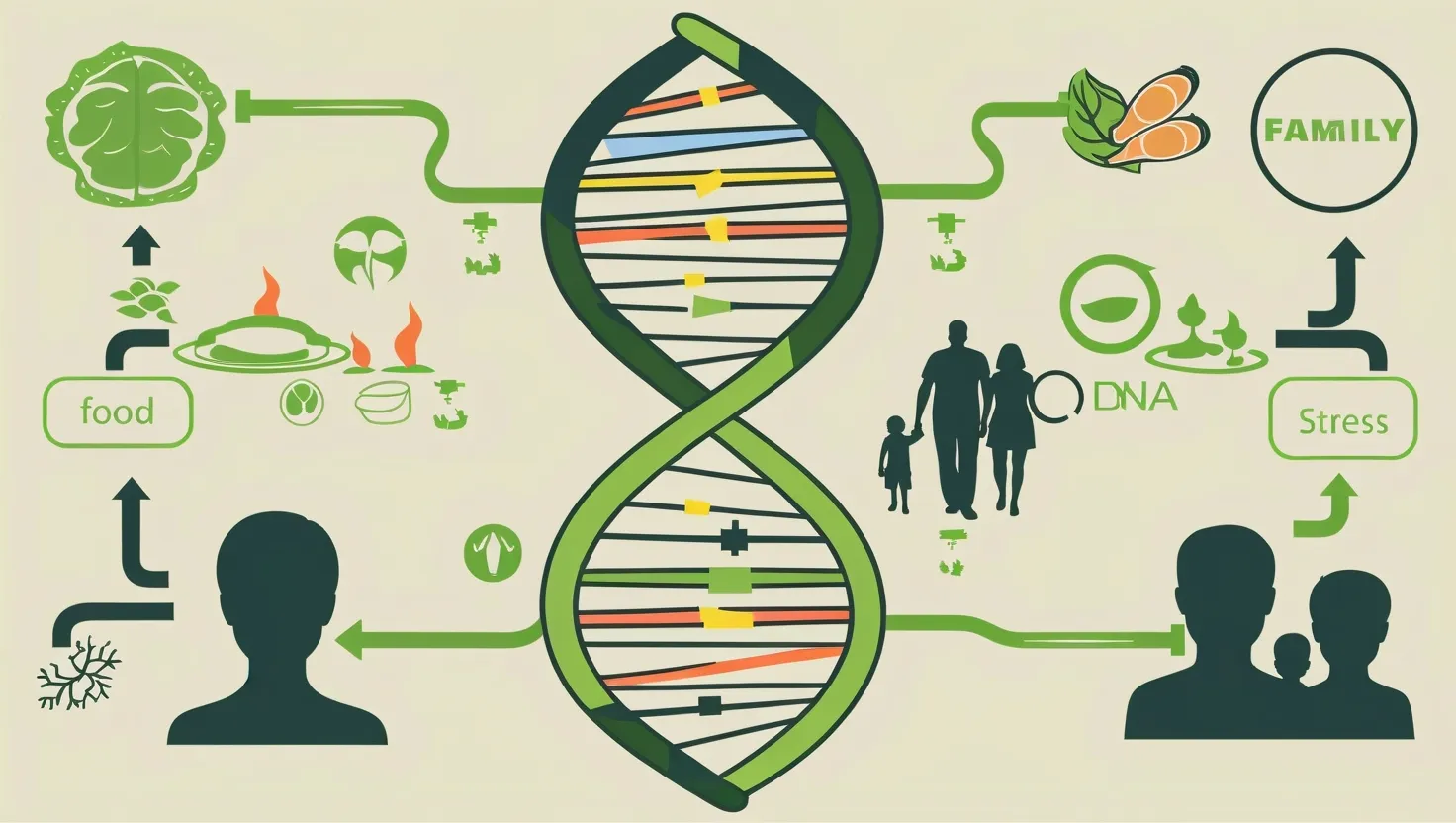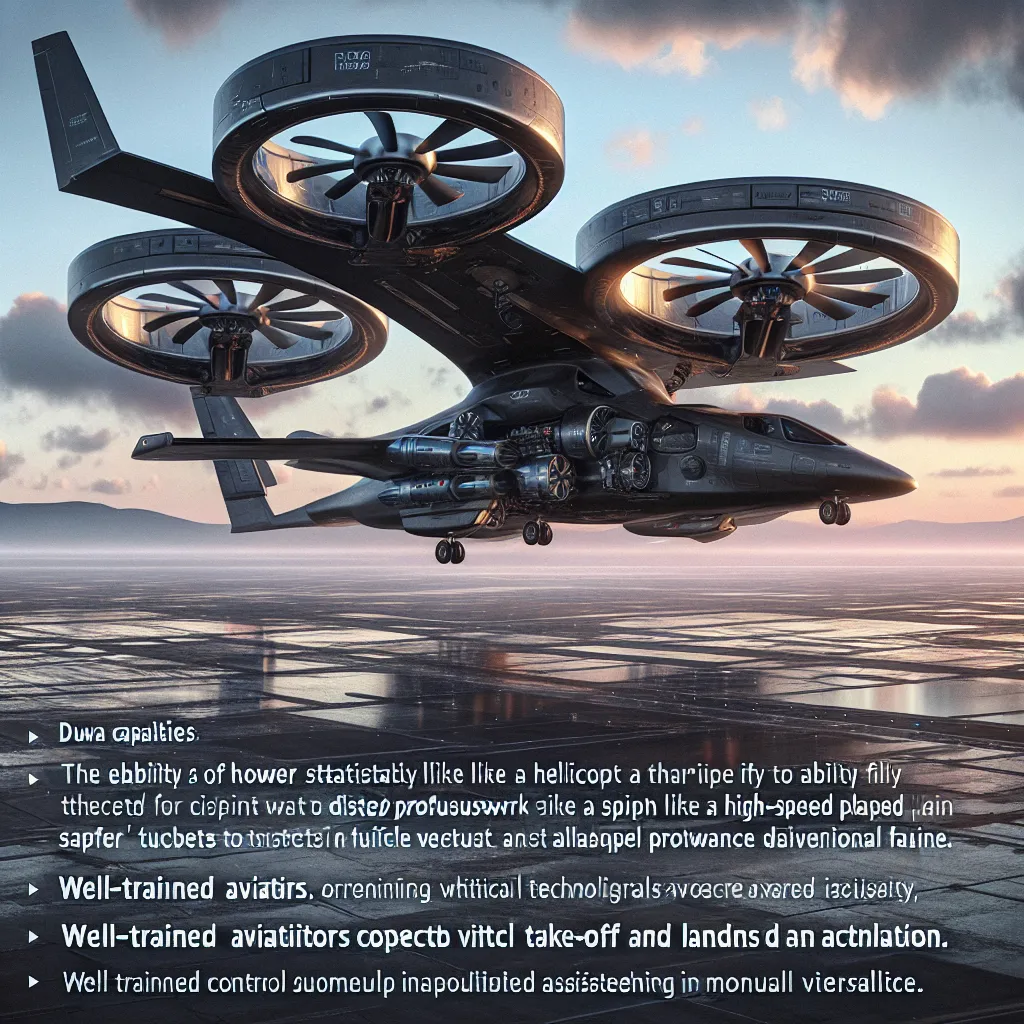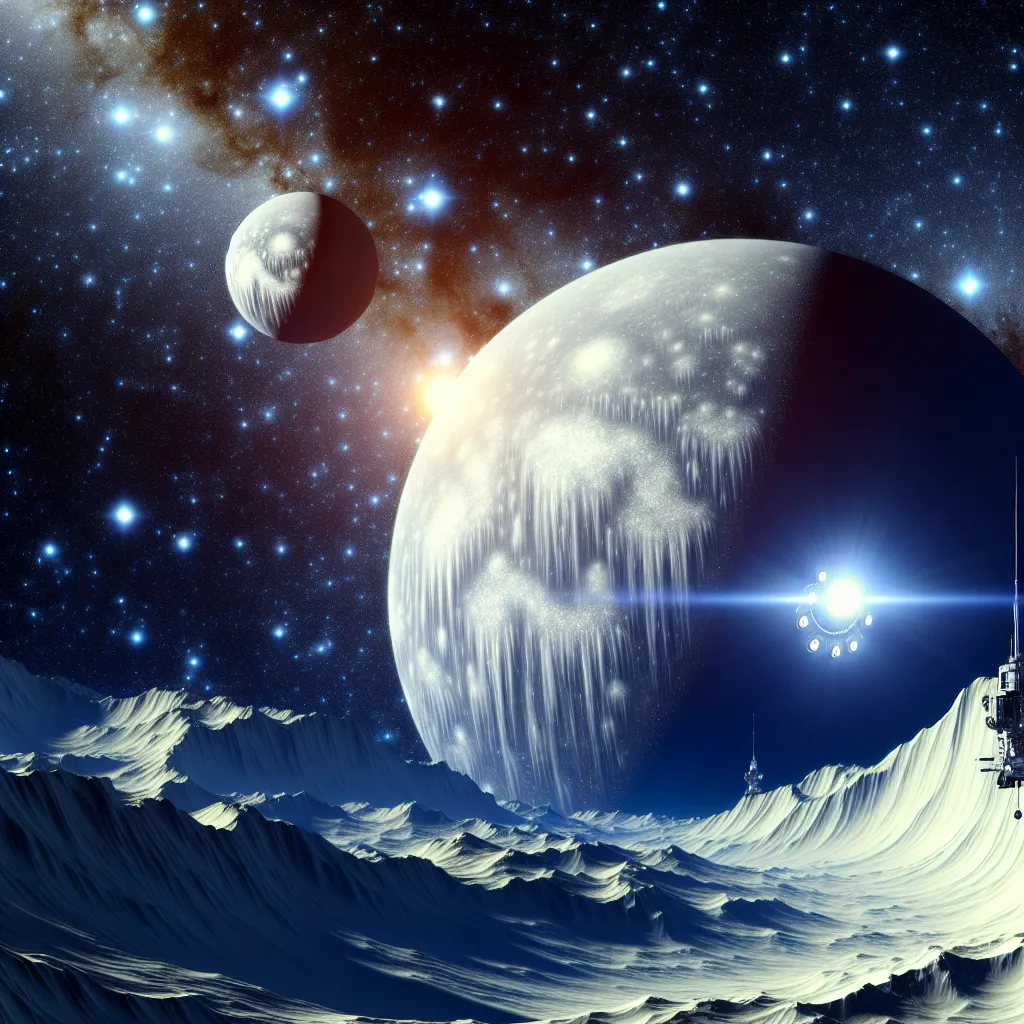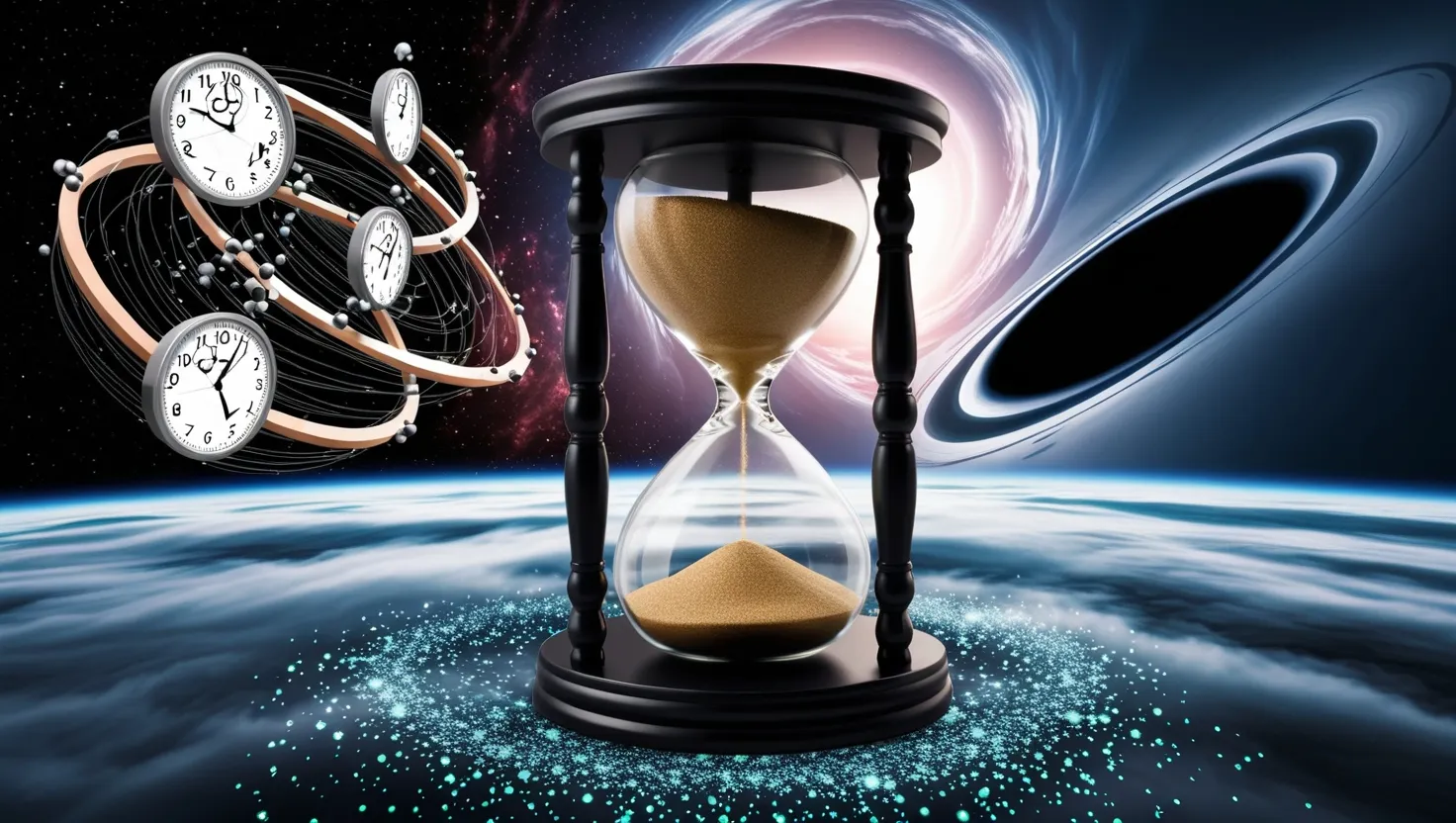Imagine a space probe plunging into a cosmic tunnel, risking a flight into a new universe to escape our cooling and dying cosmos. The age-old questions of our origins and eventual fate have always fascinated mankind. Astronomy, the cornerstone of our understanding, has brought us closer to unlocking these mysteries as we stand at the dawn of a new millennium.
Cosmologists, like Bob Kirchner, are on a quest to measure the gravitational forces of the universe. It’s long been known that the universe is expanding since the Big Bang. Scientists expected gravity to slow this expansion, much like how a car slows down going uphill without enough power. However, Kirchner’s team has found something surprising—the universe isn’t just expanding; it’s speeding up.
To predict our universe’s future, we first need to unravel its beginning. Picture this: 12 billion years ago, there was absolutely nothing—no matter, no space, no time. Then, a seething mass of energy smaller than an atom birthed the universe in a colossal explosion known as the Big Bang. This event, intertwined with Einstein’s famous equation E=MC², converted pure energy into matter. The universe, in its infancy, teemed with intense energy that converted spontaneously into matter and its counterpart, antimatter.
Annihilation events between particles of matter and antimatter generated powerful bursts of energy. But a tiny imbalance favored matter, leaving us with a universe far from empty. The radiation from these early cosmic blow-for-blow battles can still be seen today as the static on a poorly tuned TV.
The accidental discovery of this cosmic background radiation in 1964 by Bob Wilson and Arno Penzias was groundbreaking, earning them a Nobel Prize. Their horn antenna in New Jersey was designed for satellite experiments but picked up a faint yet persistent signal from the universe’s birth.
As the cosmos cooled and expanded, hydrogen and helium atoms formed and paved the way for stars and galaxies. The atoms created back then are the building blocks of everything we know today. We can trace our existence and the origins of everything around us back to the moments following the Big Bang.
Our journey through space isn’t limited to our solar system—it extends beyond our galaxy into deep space, where distant galaxies continue to reveal the universe’s secrets. The Hubble Space Telescope has been pivotal in exposing these cosmic realms, capturing the final moments of dying stars and the birth of new ones.
The Hubble Deep Field image, a glimpse into a seemingly empty patch of deep space, revealed a tapestry of distant galaxies, taking us 90% of the way back to the beginning of time. This image alone hints at the sheer vastness of the cosmos and the infinite possibilities it holds.
Cosmologists aim to map our universe, constructing interactive 3D guides to our cosmic neighborhood. Projects like the Sloan Sky Survey seek to chart over a million galaxies, offering a snapshot of our place in the universe.
Modern cosmology doesn’t just stop at mapping—we’re trying to predict the fate of the universe. Will it expand forever, or will gravity pull it all back together? Dark matter, the elusive substance believed to make up most of the universe, remains one of the biggest cosmic mysteries.
At New Mexico’s Apache Point, the search for dark matter is intense. Neil Spooner and his team are hunting for particles called wimps (weakly interacting massive particles) that might hold the universe together. Meanwhile, other scientists are exploring whether the universe contains enough matter to halt its expansion.
Bob Kirchner’s findings hint that the universe’s expansion, contrary to slowing down, is accelerating. This acceleration suggests a future where galaxies speed apart, leading to an increasingly cold and empty universe.
As we continue to explore and understand our universe, some speculate about the possibility of alternative universes. Concepts like wormholes—hypothetical tunnels in space-time—tease the imagination.
After centuries of studying the heavens, we now know that everything was born from the Big Bang. From this explosion came all galaxies, stars, planets, and life as we know it. And perhaps, just maybe, we might one day find a way to cross into another universe, driven by our endless curiosity and desire to understand the cosmos.
As we gaze at the vast expanse, we realize something profound: the universe has found a way to know itself through us. It’s a humbling reminder that in our quest for answers, we’re exploring not just space but our very existence within the grand tapestry of the cosmos.
